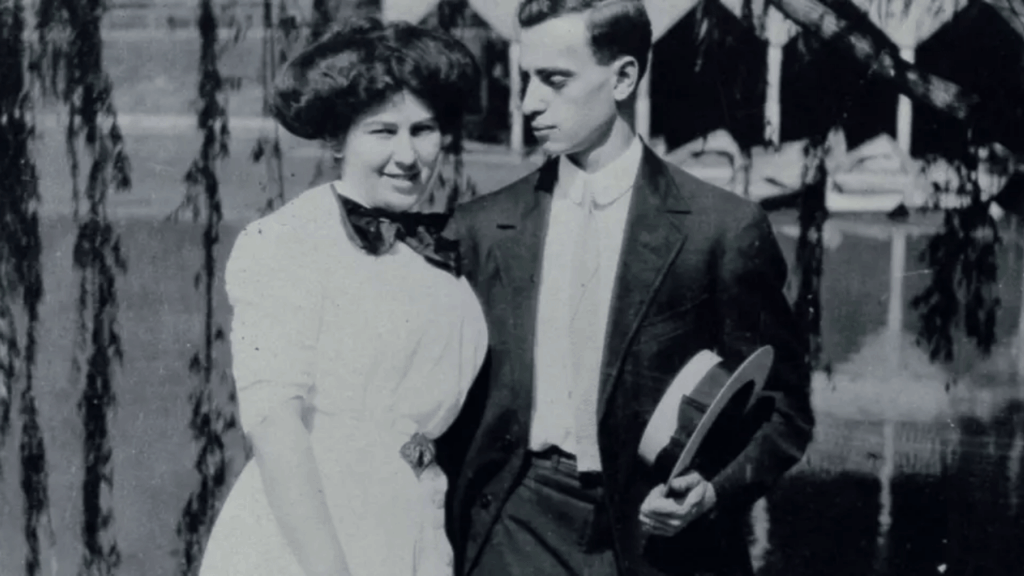The Dreyfus affair, the lynching of Leo Frank, and precursors to fascism

A comment to Erik’s grave post this morning mentioned how in a sense the lynching of Leo Frank was an American version of the Dreyfus affair, although obviously there are many big differences. Robert Paxton in The Anatomy of Fascism points out how the original KKK was a kind of proto-fascist organization avant la lettre, and he notes as well that the Dreyfus affair was an important precursor to the rise of fascism proper.
Similar ingredients mingled in the popular emotions aroused in France after 1896 against Captain Alfred Dreyfus, a Jewish staff officer wrongly accused of spying for Germany. The case convulsed France until 1906. The anti-Dreyfus camp enlisted in defense of the authority of the state and the honor of the army both conservatives and some Leftists influenced by traditional anticapitalist anti-Semitism and Jacobin forms of nationalism. The pro-Dreyfus camp, mostly from Left and center, defended a universal standard of the rights of man. The nation took precedence over any universal value, proclaimed the anti-Dreyfusard Charles Maurras, whose Action Française movement is sometimes considered the first authentic fascism. When a document used to incriminate Dreyfus turned out to have been faked, Maurras was undaunted. It was, he said, a “patriotic forgery,” a faux patriotique . . .
The term national socialism seems to have been invented by the French nationalist author Maurice Barrès, who described the aristocratic adventurer the Marquis de Morès in 1896 as the “first national socialist.”
Morès, after failing as a cattle rancher in North Dakota, returned to Paris in the early 1890s and organized a band of anti-Semitic toughs who attacked Jewish shops and offices. As a cattleman, Morès found his recruits among slaughterhouse workers in Paris, to whom he appealed with a mixture of anticapitalism and anti-Semitic nationalism. His squads wore the cowboy garb and ten-gallon hats that the marquis had discovered in the American West, which thus predate black and brown shirts (by a modest stretch of the imagination) as the first fascist uniform. Morès killed a popular Jewish officer, Captain Armand Meyer, in a duel early in the Dreyfus Affair, and was himself killed by his Touareg guides in the Sahara in 1896 on an expedition to “unite France to Islam and to Spain.” “Life is valuable only through action,” he had proclaimed. “So much the worse if the action is mortal.”
Paxton also points out that at the height of the Dreyfus frenzy in 1898, Jewish shops were looted, and Jews in French Algeria were murdered. Indeed, he argues that if historians had been asked in say 1920 which country was more likely to engage in massive anti-Semitic repression, France or Germany, no one would have chosen Germany.
One big difference between the Dreyfus and Frank affairs is that the former was a vastly bigger deal within its respective culture. It’s almost impossible to overstate the degree to which the Dreyfus affair convulsed French society for an entire decade, while today I doubt one in a hundred Americans would recognize Leo Frank’s name (I’m assuming here that the Dreyfus case remains a central event in the contemporary French popular memory, which is admittedly a pure assumption, as I’m basing that on how famous it still is among educated people across the world).
That the Dreyfus affair featured many of the key ingredients that would erupt a couple of decades later into the fascist waves that swept across Europe seems clear. The recent emergence in public discourse in America of Leo Frank truthers, including an official DOD spokesman, is not a good sign to put it mildly. As so often turns out to be the case, the past isn’t even past.
